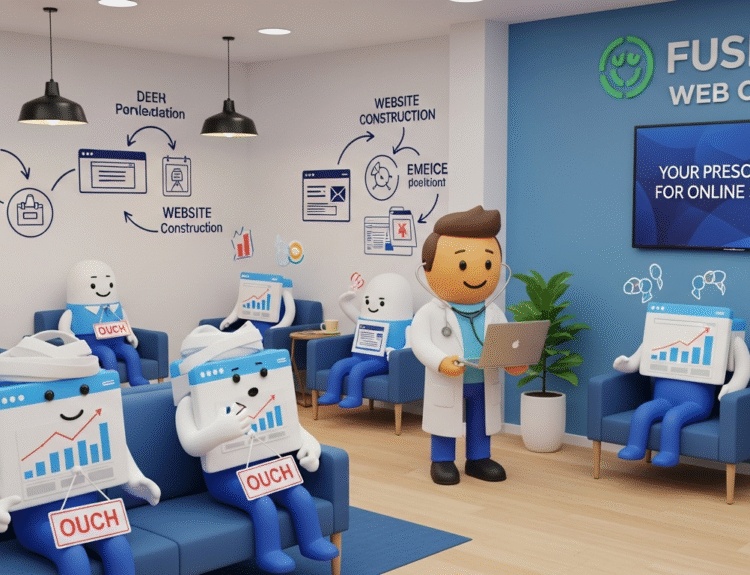As pet owners, we often look for ways to provide our dogs with healthy and natural treats. Whether it is a slice of fresh apple, a carrot stick or breakfast leftovers, we can ask if certain human foods are safe for our hairy friends. A common question that often arises is: Can dogs eat egg canopies?
As pet owners, we often look for ways to provide our dogs with healthy and natural treats. Whether it is a slice of fresh apple, a carrot stick or breakfast leftovers, we can ask if certain human foods are safe for our hairy friends. A common question that often arises is: can dogs eat egg shells?
Are Egg Shells Safe for Dogs?
The short answer is: Yes, dogs can eat egg shells — in moderation.
Egg shells are mainly composed of calcium carbonate, which is an important mineral for the bone health of your dog, muscle function and general well -being. However, there are several factors to consider before adding egg peels to your dog’s diet.
Benefits of Egg Shells for Dogs
-
High in calcium: calcium is essential for dogs, especially for strong bones and teeth. Egg shells provide a natural and easy way to digest with calcium, which can support your dog’s skeletal health. This is particularly beneficial for puppies, older dogs and dogs with conditions such as arthritis.
-
Rich in other nutrients: in addition to calcium, egg shells also contain small amounts of other minerals, including magnesium, phosphorus and potassium, which contribute to the general health of your dog.
-
He supports healthy skin and coat: minerals in egg shells, combined with their natural protein content, can promote a bright coat and healthy skin. Some pet owners even crush egg shells and mix them in their dog’s food to obtain additional nutritional benefits.
-
Digestive Health: When you move in a fine powder, egg shells can also help improve your dog’s digestion. Calcium content can help balance the dog’s digestive system, especially for dogs prone to digestive problems.
How to Safely Feed Egg Shells to Your Dog
While egg shells can offer health benefits, it’s essential to follow a few guidelines to ensure your dog’s safety:
1. Crush or Grind the Egg Shells
Never give your dog with whole egg peels, since they could represent a danger of suffocation or cause digestive problems. Instead, crush the shells in small and thin pieces or move them in a dust. This will facilitate your dog digest and absorb nutrients effectively. You can use a food or mortar processor and hand to grind.
2. Start Slowly
As with any new food or supplement, introduce egg shells gradually in your dog’s diet. Start with small quantities and observe how your dog reacts. Too much calcium too fast can alter the balance of minerals in your dog’s body, which leads to possible health problems such as kidney problems or bladder stones.
3. Wash the Egg Shells
As with any new food or supplement, introduce egg shells gradually in your dog’s diet. Start with small quantities and observe how your dog reacts. Too much calcium too fast can alter the balance of minerals in your dog’s body, which leads to possible health problems such as kidney problems or bladder stones.
4. Consult Your Veterinarian
Before adding egg peels or any new supplement to your dog’s diet, it is always a good idea to consult with your veterinarian. Some dogs may already be obtaining enough calcium through their regular foods, while others may have specific health conditions that could be affected by too much calcium. A veterinarian can guide him on the appropriate dose depending on the size, age and health of his dog.
How Much Egg Shell Can My Dog Eat?
As a general rule, you can feed your dog a small amount of egg shell dust, usually approximately 1/4 teaspoon for small dogs and up to 1 teaspoon for larger breeds. This amount provides a good calcium impulse without overwhelming your dog’s system.
It is important not to exaggerate. Too much calcium can lead to health problems, including constipation, kidney problems or bladder stones. Always err next to caution and monitor your dog’s reaction.
Possible Risks of Feeding Egg Shells to Dogs
While egg shells can be beneficial in moderation, there are some risks to be aware of:
-
Excessive calcium: if your dog already gets enough calcium from your diet, adding eggshells could cause excess calcium. This could cause constipation, kidney problems or a greater risk of bladder stones.
-
Sharmed edges: When egg shells are not crushed or groundly ground, they can have sharp edges that can irritate or damage their mouth, throat or digestive tract of your dog. Always make sure the egg shells are finely ground.
-
Bacterial contamination: egg shells can transport bacteria such as salmonella, so it is crucial to wash them thoroughly before feeding them with their dog. If you are concerned about bacteria, you may want to bake the shells for a few minutes at a low temperature to sterilize them before feeding them with your pet.
Alternatives to Egg Shells
If you’re concerned about feeding egg shells to your dog or want an alternative source of calcium, here are a few options:
-
Calcium supplements: There are many calcium supplements specifically designed for dogs, which can be a more reliable way to ensure that they obtain the correct amount of calcium.
-
Becomon or yogurt: These dairy products are rich in calcium and can be easier to digest for some dogs.
-
Green leafy vegetables: curly, broccoli and spinach are good fountains of calcium and can be added safely to your dog’s diet in moderation.
Conclusion: Should You Feed Egg Shells to Your Dog?
In conclusion, can dogs eat egg shells are safe for most dogs when they prepare properly and feed in moderation. They provide a natural source of calcium and other beneficial minerals that support their dog’s health. However, it is essential to crush or grind the shells to avoid the hazards of suffocation, and you should always consult with your veterinarian before introducing them in your dog’s diet.


